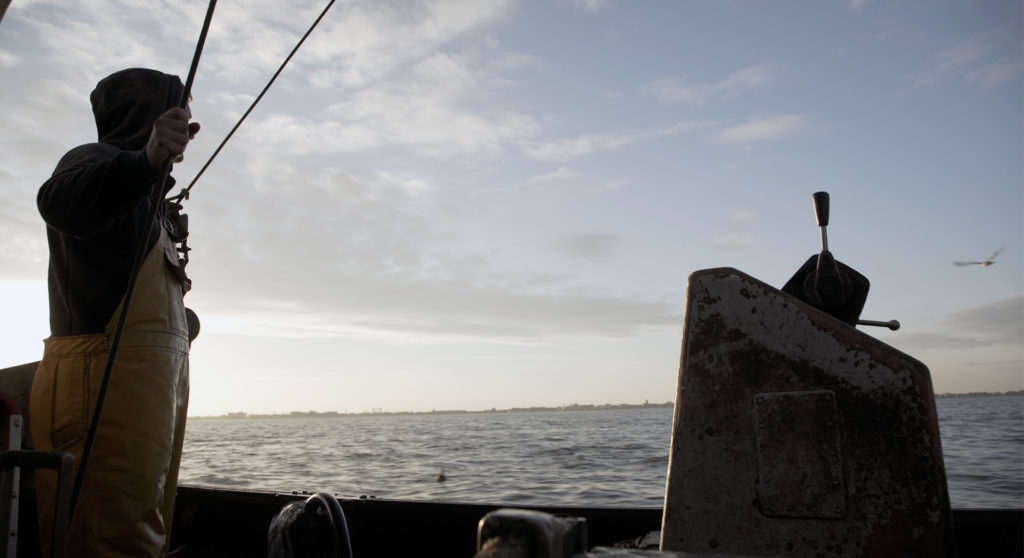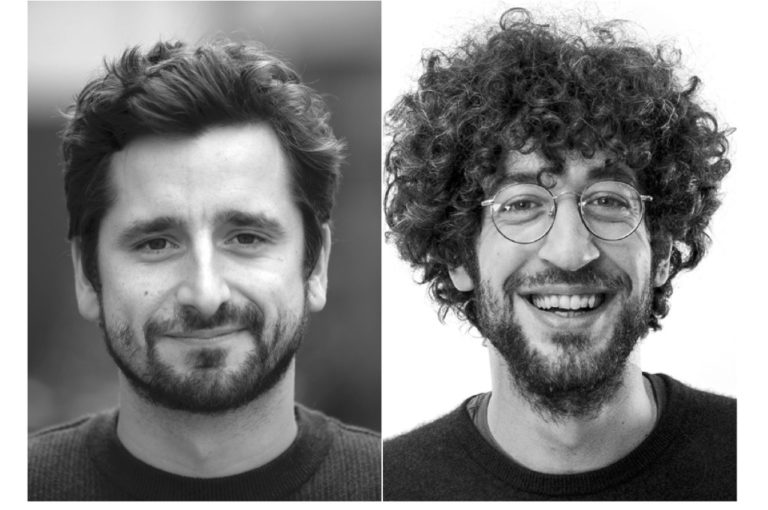ABOUT THE MOVIE
Documentary – 2019 – 52′
A terrible battle is raging in the North Sea. Faced with devastated marine resources, small-scale fishermen from all over Europe join the struggle of environmental activists against electric-pulse fishing. Together they fight powerful lobbies to ban this efficient but destructive fishing method. From the fishing harbors to the corridors of the European Parliament, here is the story of ordinary citizens and their relentless fight to preserve marine life.
An unequal but vital battle between two visions of the world: Sustainability vs. profitability.


Director
Dorian Hays is a director, writer, and editor. In 2018, after participating in a film on the African American cause shot in a music school in Memphis, he followed the NGO BLOOM in its advocacy campaigns. On this occasion, he met the small-scales fishermen of the North Sea and understood the importance to give an echo to their fight.
Emerik Missud is a documentary director and director of photography. He works both in France and abroad, sometimes under difficult conditions but always striving for quality. Dorian Hays’ long-time friend, he aims at telling the world from a social point of view, by giving a voice to those who are left out.
DETAILS
- FIRST BROADCAST – 2019 – Ushuaia TV, France 3
- DIRECTORS – Emerick Missud and Dorian Hays
- PRODUCTION – In focus, Echo Studio, Gump, Ushuaia TV
- DISTRIBUTION – Echo Studio, Terranoa
Downloads
ACT

Thanks to the commitment of small-scales fishermen and marine biodiversity associations, electric-pulse fishing will be banned in Europe from 2021 (and already is in France). This decision sanctions The Netherlands, accused to have largely exceeded the licenses granted by the European Union, 84 trawlers being at sea against the 15 authorized.
In addition, the NGO Bloom, who initiated this study, found that these trawlers used a much stronger voltage than permitted under the European legislation: 40 to 60 volts compared to the 15 allowed. This illegal fishing has benefited from public subsidies, a part of which granted by the European Maritime and Fisheries Affairs Fund.
If the European small-scale fishermen regret they had to wait until 2021 to see the end of this invasive fishing method, it is nonetheless a major step forward for the protection of biodiversity. Whether in China – where electric-pulse fishing was allowed for more than a decade – or in the European Northern seas, there is clear evidence that it has an impact on the reproduction and survival of species, especially the smaller ones.
Source: Association Bloom, French Ministry of Agriculture and Environment

